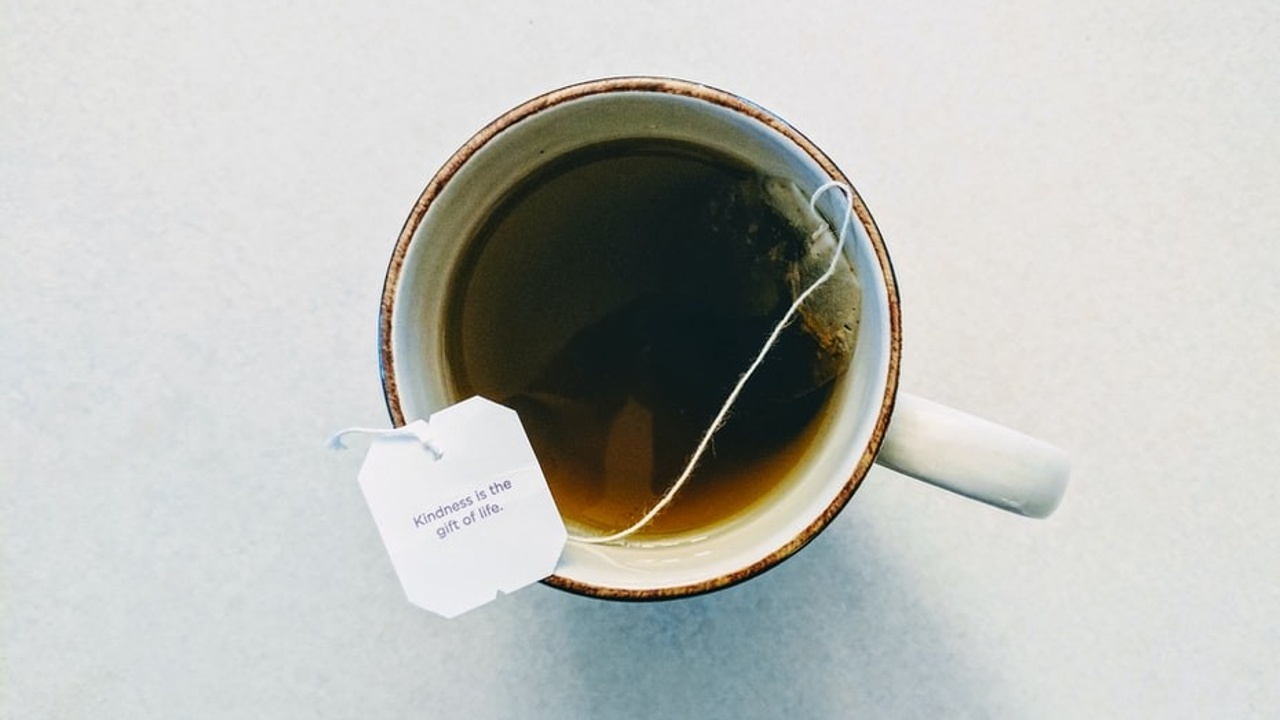“Does This Count Towards My Water Intake?”

It is safe to assume most people know how important it is to stay hydrated, but what they also assume is that the only way to stay hydrated is by drinking loads of water. Coffee and tea usually get a bad reputation when it comes to hydration due to their diuretic effect but in fact, those options can contribute to our daily fluid requirements. Coffee and tea lovers rejoice!
The diuretic effect that comes along with drinking coffee and tea beverages means that even though you’re consuming liquids, you’re also peeing more and losing some in the process. But how much are you actually losing? Well, the research shows that even if you consume 4 cups a day it can provide you with the hydration effects similar to water![1,2]
Now that we debunked the coffee and tea myth, the big picture question is “what else can count towards my water intake?” The truth is, various beverages and food can contribute, however, some may add extra calories than others so keep that in mind if your goal is weight loss.
Eating fruits and vegetables with high water content can provide you with supplemental fluid if you don’t drink the recommended fluid intake per day- so keep that in mind next time you bite into a fresh salad! Fruits and vegetables with the largest water content include melons, cucumbers, pineapples, tomatoes, iceberg lettuce, and broccoli.
A couple of key points to keep in mind:
- Drinks other than water such as milk, ready-to-drink shakes, sparkling water, iced tea, and sports drinks can all contribute to your daily fluid needs.
- Caffeinated beverages consumed in high dosages (5 cups or more per day) can result in a diuretic effect which can potentially cause you to become dehydrated.
- It’s important to always listen to your internal body cues and drink when you feel thirsty.
Don’t get me wrong, you should still drink plenty of plain water, but when it comes to hydration and reaching your fluid needs, various drinks and foods can be part of the equation.
Source:
- Silva, A. M., Júdice, P. B., Matias, C. N., Santos, D. A., Magalhães, J. P., St-Onge, M. P., ... & Sardinha, L. B. (2013). Total body water and its compartments are not affected by ingesting a moderate dose of caffeine in healthy young adult males. Applied Physiology, Nutrition, and Metabolism, 38(6), 626-632.
- Armstrong, L. E., Pumerantz, A. C., Roti, M. W., Judelson, D. A., Watson, G., Dias, J. C., ... & Kellogg,
- (2005). Fluid, electrolyte, and renal indices of hydration during 11 days of controlled caffeine consumption. International Journal of Sport Nutrition and Exercise Metabolism, 15(3), 252-265.


